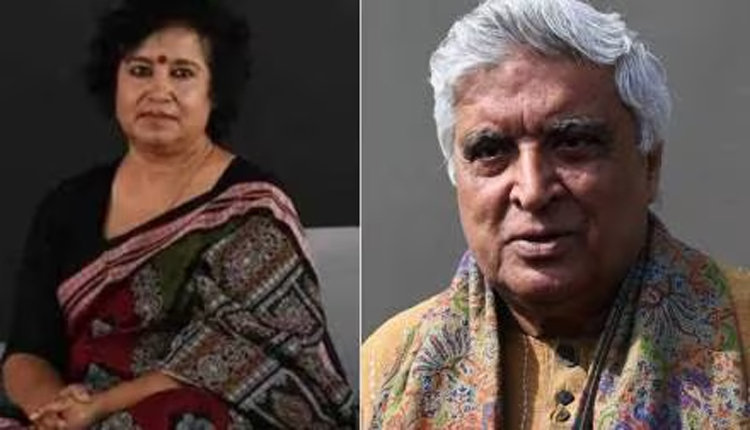Kolkata: Amid the rhythmic beats of dhak drums and vibrant Durga Puja pandals lighting up West Bengal, exiled Bangladeshi author Taslima Nasreen has stirred a profound cultural conversation, asserting that Hindu traditions form the bedrock of Bengali identity — encompassing even Muslims.
In a poignant X post on Tuesday, coinciding with Durga Ashtami, she shared evocative images of pandals and festivities, declaring, “There’s nothing to hide. Hindu culture is the foundation of Bengali culture. Regardless of the religions or philosophies we’ve historically embraced, our national identity ties us Bengalis to India.
Nasreen, long a vocal critic of rigid Islamic norms, elaborated that Bengali Muslim culture isn’t Arab-rooted but deeply embedded in Hindu traditions. “Drums, music, and dance — these are quintessential Bengali expressions,” she wrote. “A Bengali Muslim’s culture is Bengali, not Arabic; denying it is denying one’s existence. Hindus, Buddhists, Christians, Muslims, and even atheists in India — all trace ancestry to ancient Hindus.”
The post, blending nostalgia with nationalism, resonated widely, drawing a thoughtful response from acclaimed lyricist and poet Javed Akhtar. Offering partial agreement, Akhtar lauded Bengal’s literary and linguistic richness while urging appreciation for the Ganga-Jamuni-Awadhi tehzeeb— the syncretic Hindu-Muslim ethos of North India, marked by elegance and fusion. “We Awadh traditionalists deeply respect Bengali culture,” he posted. “But failing to value the Ganga-Jamuni refinement, untouched by Arab influences, is one’s own loss. “Many Bengali surnames even bear Persian origins, as Persian and Central Asian elements, like Western ones, blended into our culture on our terms.”
As Navratri’s joyous crescendo unfolds, Nasreen’s words bridge borders, reminding us that cultural roots often entwine deeper than faiths divide, echoing Akhtar’s call for celebrating India’s mosaic heritage.



Comments are closed.